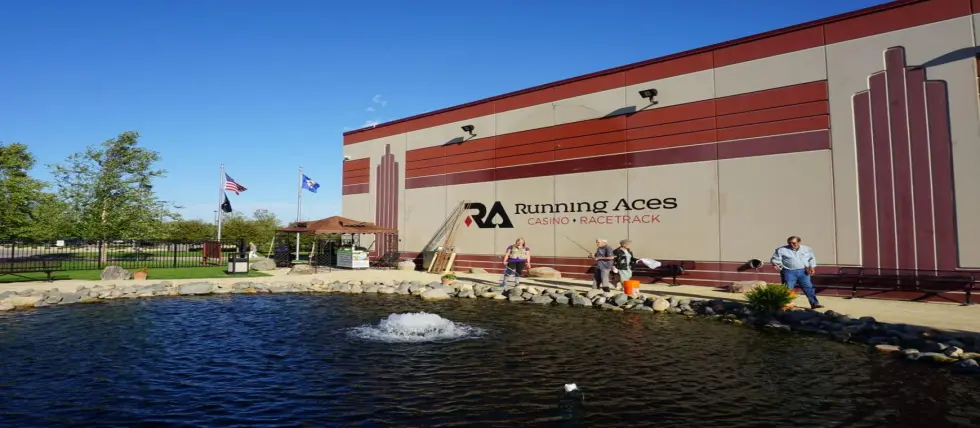Lawsuit Accuses Tribal Casinos in Minnesota of Violating Federal Laws
The legal landscape of casino operations in Minnesota has been marked by a contentious lawsuit. Running Aces has filed a suit against a handful of tribal casinos that claims they have overstepped federal laws.

The crux of the dispute lies in the exclusive rights to operate gambling activities, which, according to the lawsuit. It argues that federal benefits have been unjustly claimed by tribal entities. This lawsuit has brought to the forefront the complex interplay between state laws, federal statutes and tribal sovereignty.
Related: Coquille Tribe's Casino Expansion Sparks ControversyAt the heart of the lawsuit is the assertion that tribal casinos are offering video games of chance, such as video slots, which are purportedly in violation of both state and federal regulations. Running Aces, a horse track and card room operation, contends that these activities are not only unauthorized by the state compacts but also contravene the Indian Gaming Regulatory Act of 1988 (IGRA). The IGRA stipulates that gambling activities on tribal lands are lawful only if the state explicitly permits them, which the lawsuit argues has not been the case in Minnesota.
The legal challenge has been amplified by an amendment to the initial lawsuit, which now includes claims against Mystic Lake and Little Six casinos, both owned by the Shakopee Mdewakanton Sioux Community, as well as Grand Casino in Mille Lacs and Hinckley, owned by the Mille Lacs Band of Ojibwe, and Treasure Island, owned by the Prairie Island Indian Community. The amendment accuses these casinos of operating illegal video games of chance, thereby allegedly violating the RICO Act—a federal law designed to combat organized crime and racketeering.
More Business News
What Running Aces Expects
Running Aces' legal action seeks an injunction to halt what it deems as illegal gambling operations. It also wants unspecified monetary damages from the managers and executives who oversee these casino activities.
The plaintiff's position is that the tribal casinos have maintained an illegal and unfair competitive advantage by offering these disputed games. This lawsuit has the potential to reshape the gaming industry in Minnesota, challenging long-held assumptions about the exclusivity of tribal gaming rights within the state.
The Minnesota Indian Gaming Association, representing the interests of the tribal casinos, has yet to respond publicly to the allegations. The outcome of this lawsuit could have significant implications for the gaming landscape, potentially affecting the operations of tribal casinos across the state. If the outcome favors Running Aces, it could also spark similar legal actions in other states.
RELATED TOPICS: Business
Most Read
Must Read
 Interviews
Interviews
Sweepstakes Casinos: Thriving in an Ever-Changing Industry – Interview with Attorney Stephen C. Piepgrass
Feb 17, 2025 Interviews
Interviews






Review this New Post
Leave a Comment
User Comments
Comments for Lawsuit Accuses Tribal Casinos in Minnesota of Violating Federal Laws